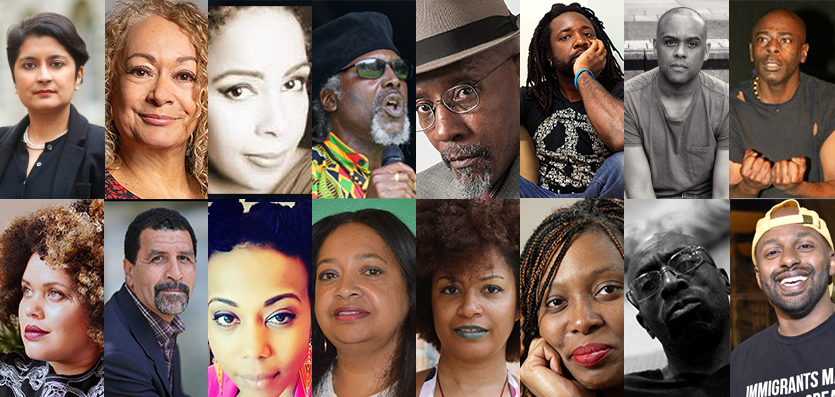WHAT WILL THE THEATER SAY WHEN THE GHOST LIGHT SHUTS DOWN?
Ateneo de Manila University
A ghost light now shines on the dark stage of many theaters, a floor lamp with a single bulb that will stay lit during these times of lockdown. What kind of theater, I mused, will emerge after lockdown? If theater is a mirror of society, what mirror will it hold up after the pandemic experience -- the threats of viral exposure, distance and disinfection protocols, suffering and loss, and the struggle to stay sane in isolation? What insights, images, and visions will it share to the world? What, in short, will the theater say when the ghost light shuts down?
Will things be the same as before? Perhaps not for a while, and perhaps not at all. I speculate, however, that three themes, at least, will underlie the works to come -- three themes that reflect our lives during the lockdown period, three themes that will shape theater’s vision of social change in post-pandemic times.
One is the awareness that the ramifications of our actions are much more palpable now than they were before. The personal is not merely political but global as well. People in power who abuse their office, display incompetence, show a shortage of sympathy, or harm people do not only threaten the lives of a few but eventually the lives of entire cities, regions, countries, and continents. As well, nations whose systems of care are weak, whose environments are poorly sustainable, and whose policies champion economic growth and political gain way above everything else do not just jeopardize a country’s life but also global lives, especially during periods of crises. In contrast, groups that openly share knowledge and technology for the universal good will have the potential to advance the welfare of both the local community and societies around the world, particularly in times of great need. Post-lockdown theater, I believe, will make audiences more conscious of the much larger consequences of individual action or inaction, and call for greater social responsibility.
Second is the urgent need to break down barriers to compassion within and across nations. Meditations on compassion urge us to cast rays of love to sentient beings in our immediate groups – families, friends, colleagues in our place of study or work – and then to unknown people in cities, regions, countries, the earth, even the galaxy. Something similar is what the theater must do to make us more resilient to pandemics that will recur in the future. Post-lockdown theater, I feel, will strive to comprehend even more the myriad ways that people choke compassion; point to paths that forge connections, and rally for optimism and hope, modest they may be, in seasons of great difficulty.
A third theme is a much greater awareness of our own vulnerability. We are confronting this pandemic without a vaccine and with relatively little knowledge of how the virus spreads and infects human populations. We quarantine ourselves and ceaselessly wash our hands not as a cure but as a way to slow down the outbreak and unburden hospitals, a useful but still limited weapon to end the health crisis. Meanwhile, the number of deaths soar by the day, making us anxious about our own mortality and those of our loved ones. We are in the grips of something beyond our control. We are vulnerable, helpless, and alone. Sages say that to survive we must learn to surrender ourselves to something larger than ourselves. To what? To whom? And how?
Post-lockdown theater, I feel, will explore this sense of confusion and uncertainty but also lead us to moments of comfort and courage as weapons to hold on to in precarious periods. Perhaps theater will reinvent one of its strengths, namely its immediacy, its focus on the present moment and its reliance on the imagination, to give us a sense of calmness, humor, perspective, and connectedness. This, perhaps, will be the main elements of a new safe space in the theater.
Shahid Nadeem, a playwright from Pakistan, who wrote this year’s World Theater Message, invites us to view theater as a “sacred shrine” where we can “replenish our spiritual strength” and “fight apathy, lethargy, pessimism, greed and disregard for the world we live in, the planet we live on.” Post-lockdown theater aligns with what Nadeem calls a “theater of humanity” -- one that, as I understand it, abhors social distancing, one that recognizes the pains of the world, and one that uses this awareness to create solidarity with audiences on both the theater space and those who live far off stage, leading lives that we share in this troubled world.
Out, out brief candle! To positive thoughts, we turn off the ghost light with glee.
Ricardo Abad is Professor Emeritus of Sociology and Theater Arts at the Ateneo de Manila University where he is also Artistic Director of Areté, the University's creative and innovation hub. He is currently President of the Asia-Pacific Bond of Theater Schools, a regional consortium affiliated with the International Theater Institute and UNESCO.



